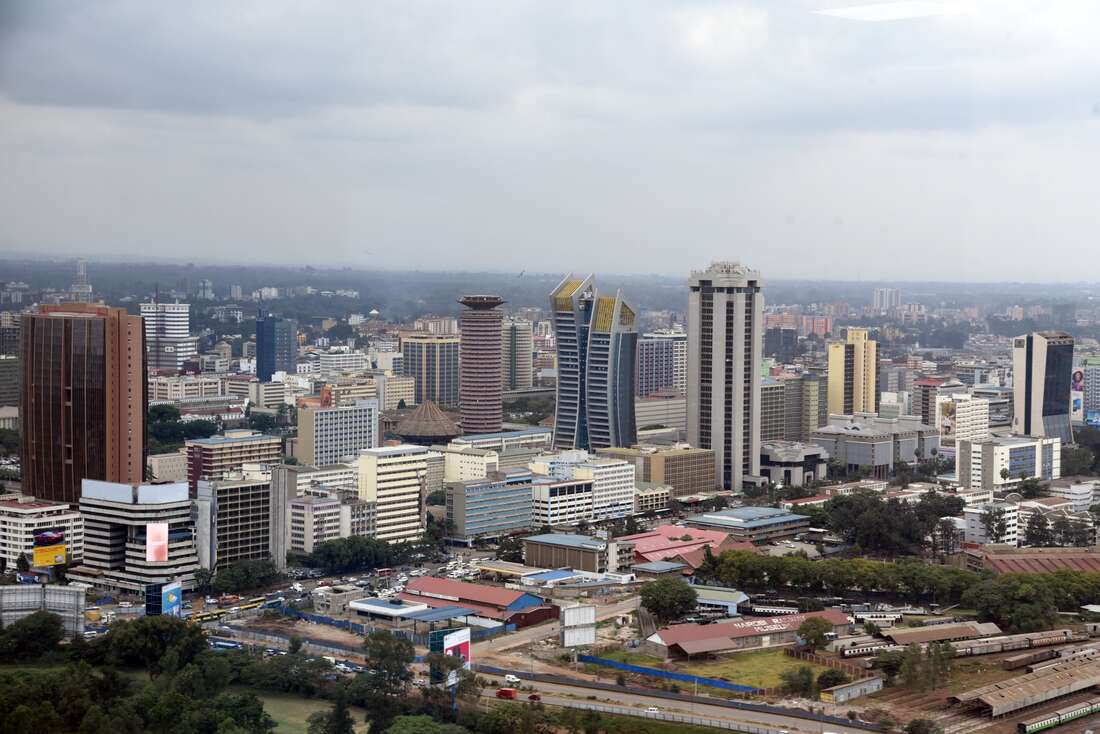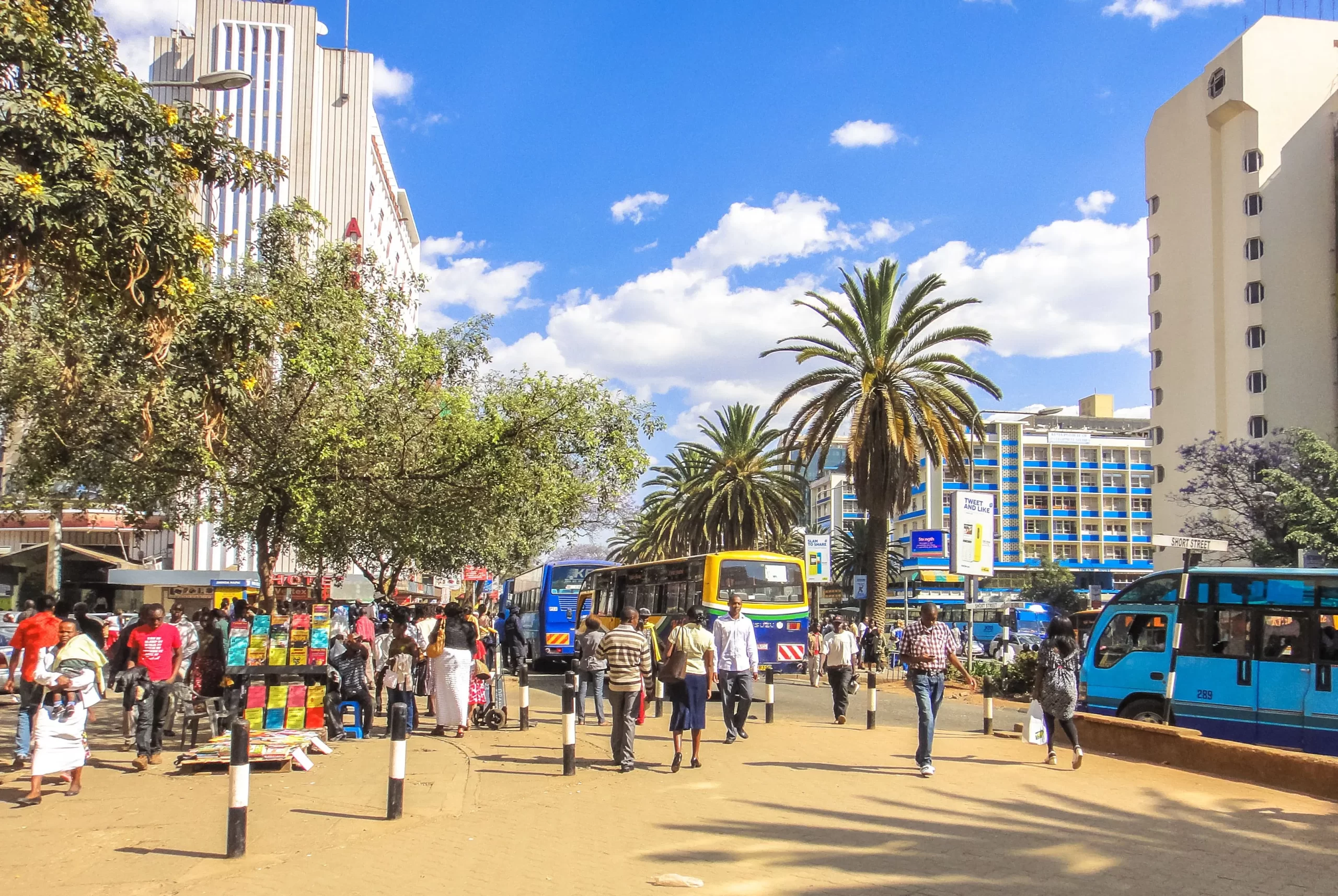I earn Ksh 72, 000 But With This Economy I’m Always Left With Nothing- Nairobi Man Shows How He Budgets, Still Doesn’t Help

A Kenyan data analyst, Elijah Samuel, has shed light on the growing struggles faced by an average family man in Nairobi, despite earning a monthly salary of Sh. 72,000. The root of this challenge lies in the heavy burden of direct and indirect taxation imposed by the government. Kirichu’s analysis resonates with many Kenyans in the middle-income bracket who are finding it increasingly difficult to make ends meet due to a slew of punitive taxes and levies imposed by the government.
The impact of these financial pressures is evident both on their payslips and in the rising costs of everyday items that were once more affordable prior to September 2022.
Here’s Kirichu’s breakdown, shared on his social platform, for further contemplation:
Elijah is employed in a formal job and earns 72,000 KES (which is the average income for those in formal employment in Kenya).
Let’s break it down:
- At the source, his salary is subjected to PAYE, NHIF, NSSF, and Housing Levy, all of which total approximately 12,000 KES.
- After these deductions, Elijah takes home 52,000 KES (the remaining 19,000 KES goes to the government).
- Elijah, a committed Church member, tithes 10% from his remaining 52,000 KES, which amounts to 5,200 KES.
- This leaves Brother Elijah with a balance of 46,800 KES.

Now, let’s consider his expenses:
- Elijah has various bills to pay, including rent, groceries, and other expenses. He resides in Kahawa in a two-bedroom house with his wife and two children.
- His rent is approximately 14,000 KES, with an additional 1,100 KES going to the government as a tax passed on by the landlord.
- He spends 6,000 KES on fuel and transportation per month, with around 40% (2,400 KES) being claimed by taxes.
- Elijah allocates 10,000 KES for groceries to support his family of four, but about 16% (1,600 KES) goes towards taxes.
- Electricity consumption amounts to 2,000 KES (approximately 76 units), with an extra 800 KES being directed to the government through taxes.
- Other miscellaneous bills like telephone, water, and errands sum up to 3,000 KES, with around 300 KES going to taxes.
From the fifth to the tenth expense, the cumulative additional taxes amount to nearly 6,200 KES. In total, taxes and deductions reach 27,000 KES. However, Brother Elijah still has other financial obligations:

- Since there is no public school available in his area, his children attend a private school in the neighborhood for the Competency-Based Curriculum (CBC), costing him an average of 5,000 KES monthly. Notably, this situation has arisen due to the government’s actions, despite the heavy taxes paid.
- Brother Elijah, despite having NHIF coverage, relies on private healthcare services due to the government’s suboptimal performance in public healthcare.
At this point, Brother Elijah is essentially operating with a zero balance from his hard-earned income.
The government has levied nearly 40% of his earnings, both directly and indirectly, through taxes and levies, and regrettably, the expected service delivery remains suboptimal. The struggle to survive in Nairobi is becoming increasingly challenging for many like him.






